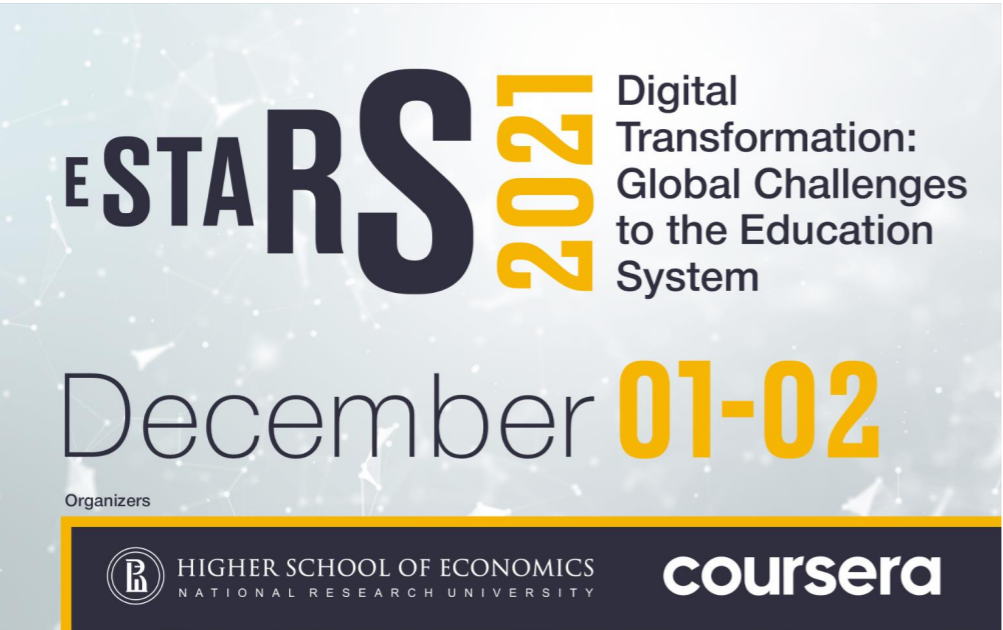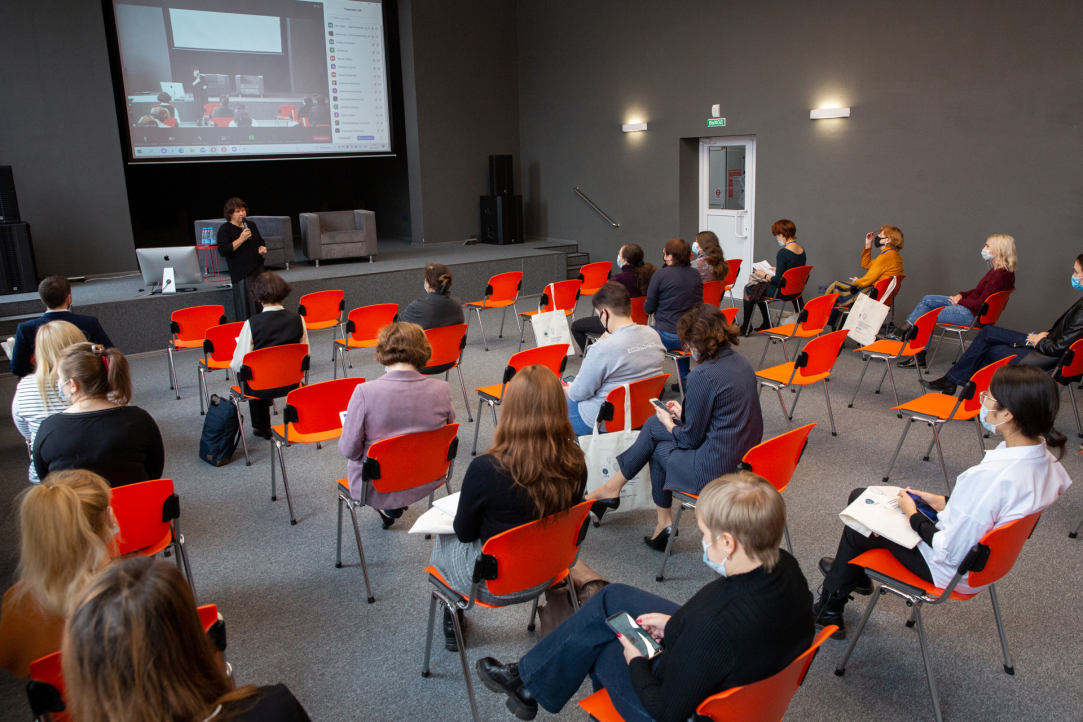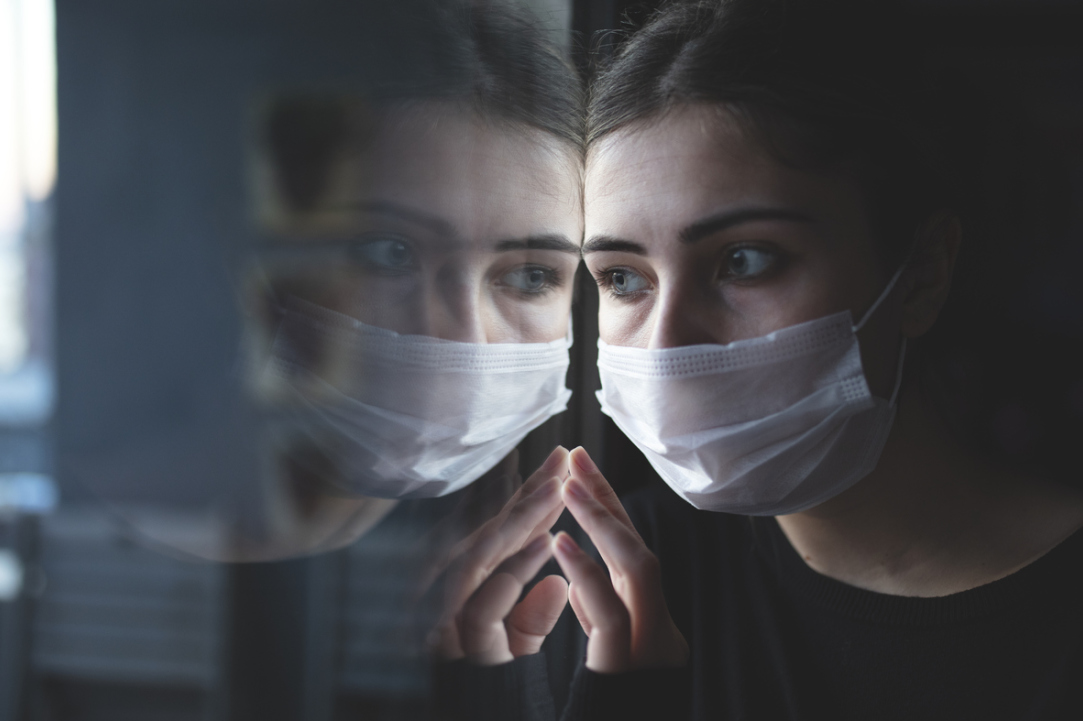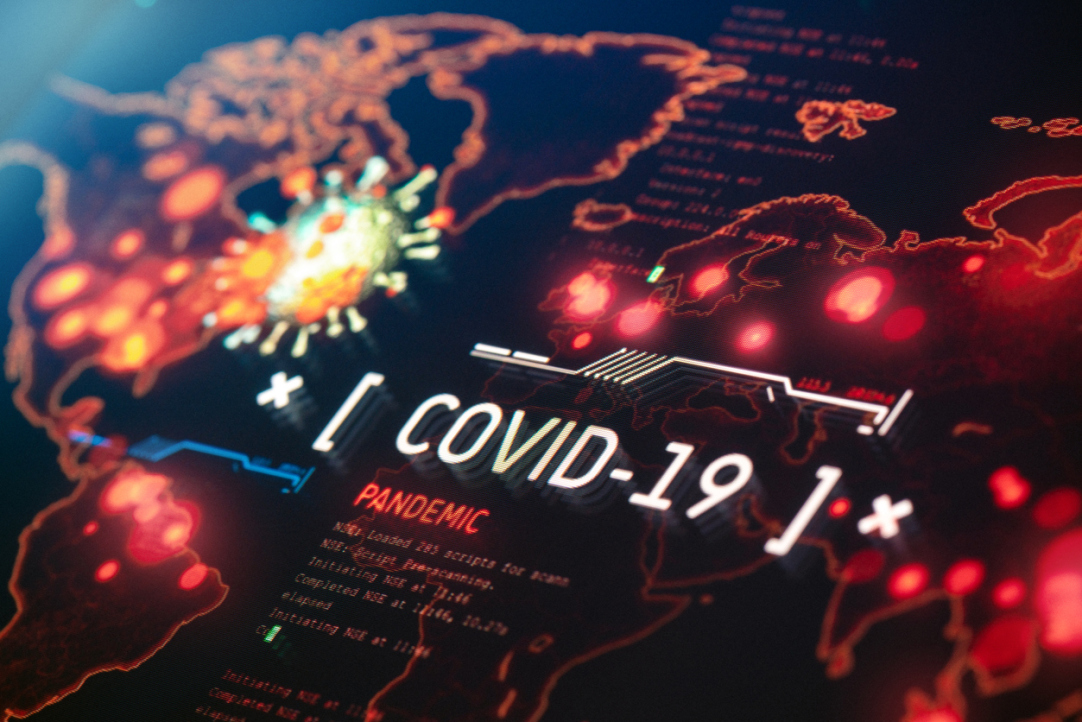
Young Russians Feel ‘Phubbed’ by Friends and Family
Researchers from HSE University, Saint Petersburg State University, Moscow Engineering Physics Institute (MEPhI), and Kostroma State University have analyzed data on internet addiction and ‘phubbing’ behaviour from the past decade. They found that more and more people are suffering from smartphone addiction. At the same time, situations in which communication is split into real and virtual formats are becoming part of everyday life, which is bad for our relationships. Although phubbing was found to be the new normal among young people, the respondents often feel like victims of phubbing and its negative consequences. The results are published in Monitoring of Public Opinion: Economic and Social Changes.

‘We Can Now Say That the Finance Conference Is Global’
The 10th International Moscow Finance Conference, organized by HSE ICEF, took place on October 29–30 online. Vladimir Sokolov, Head of the International Laboratory of Financial Economics, which hosted the conference, talks about the participants, the key presentation topics and how they will impact the global economy.

HSE University Scholars Study Green Transition Risks and Greenhouse Gas Emission Regulation
The UN Climate Change Conference is taking place from October 31 to November 12 in Glasgow. The conference focuses on preventive measures against the catastrophic and irreversible consequences of rising average global air temperatures. Igor Makarov, Head of the HSE Laboratory for Economics of Climate Change, will be taking part in the Glasgow conference. In the following interview, he speaks about the pressing problems Russia and the world are facing, and the research HSE scholars are doing on climate change.

Researchers Begin to Understand Correlation of Schumann Resonances and Dust Storms on Mars
The interaction of dust particles in Martian dust storms may cause electric fields that are powerful enough to have charges that induce standing electromagnetic waves known as Sсhumann resonances. This is the conclusion drawn by physicists from HSE University, the Space Research Institute, and MIPT. The paper was published in Icarus journal.

Applications to Speak at eSTARS 2021 Conference Accepted Until November 15
HSE University and Coursera are bringing together the world’s leading researchers, professionals, education and technology leaders, and business community representatives for the fourth international research conference eLearning Stakeholders and Researchers Summit 2021 (eSTARS). This topic of this year’s summit, which will run from December 1–2, 2021,is ‘Digital Transformation: Global Challenges to the Education System’.

Out of the Ivory Tower: From Academic Economics to Policymaking
What issues can modern economics help address? How can economists shape government policies? What languages should an economist speak? These are some of the questions Professor Alain Paquet of the University of Quebec at Montreal will talk about at the upcoming meeting of the Discussion Club on Modern Economic Policy hosted by HSE University’s Faculty of Economic Science on November 11. The News Service has talked to Professor Paquet ahead of the lecture.

Culture, Arts, Creative Industries, and Tourism Discussed at HSE University’s Conference in Perm
On October 20–22, the second International Conference on Experience Economy: Museum, Event, and Tourism Management was held at HSE University in Perm. Key talks were delivered by Andrea Rurale, the director of the Master’s in Arts Management and Administration at the Bocconi University School of Management, and Guillaume Tiberghien, University of Glasgow.

Flexible Yet Stable: What a Legal System in a Digital Era Should Look Like
The transformation of all aspects of economic and public life due to new technologies necessitates the development of a legal framework for the application of innovation. The HSE Faculty of Law has hosted the 10th international scientific-practical conference ‘Law in the Digital Era’ online. The participants included a wide range of experts from Russian and international universities, public bodies and other organisations.

People’s Values Affect Their Attitudes to COVID-19 Restrictions
HSE social and political analysts have established which value models and circumstances promote support for restrictive government policies aimed at combatting the coronavirus pandemic. The research is published in Plos One.

Model of Predator-Prey Relationship Helps Predict Spread of COVID-19
Researchers from the HSE Faculty of Economic Sciences have proposed a mathematical model that describes the course of the COVID-19 pandemic, taking into account the restrictions applied in different countries. The model will help governments make reasonable and timely decisions on introducing or lifting restrictions. The paper was published in Eurasian Economic Review.

